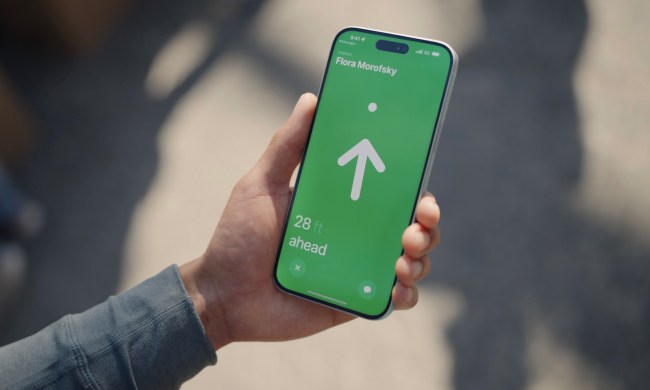Google Assistant’s interpreter mode, which was previously exclusive to Google Home and Nest Home devices, is rolling out to Assistant-enabled smart devices on Android and iOS across the world beginning Thursday, December 12. The mode, which launched on smart devices in February 2019, provides real-time translation into and from other languages. It can even read out the translated text, making it the perfect translation tool for overseas holidays. So if you’re headed abroad to avoid the frosty winter mornings, or are just planning ahead for your summer vacation, the Google Assistant is now an even more important part of your travel toolkit.
Using the Google Assistant’s interpreter mode is basically the same as using it on a Google Home smart speaker. To get started, say “OK, Google, be my German translator,” or “OK, Google, help me speak Thai,” and then begin speaking. You’ll be able to see your words pop up on the phone as you speak, and Google will translate it when you’re done, playing it out loud for your recipient to hear. You’ll be able to translate back by tapping the microphone button while your companion is talking, and A.I.-selected smart replies may pop up after each translation, giving you quick answers.

If you’re in a quieter environment and can’t talk, you can type instead of talking, and the translations will appear on your screen in the same as they would if spoken out loud. There’s support for 44 languages in total, including Polish, Spanish, Tagalog, and more.
The Google Assistant’s interpreter feature is rolling out across the world. To access it, you’ll need a smartphone or tablet with the Google Assistant. Thankfully, that includes most phones these days, with even the cheapest phones being capable of calling on the Assistant for help. It even includes Apple’s iPhone as well, though you’ll need to download the Google Assistant iOS app to use it.
Of course, if you’re planning a high-tech holiday, then the Google Assistant app isn’t going to be the only app you’ve downloaded in readiness. Google recently launched a translation option for Google Maps that reads out names and addresses in an area’s original language, and Google Lens’s auto-translate option is extremely handy for quickly translating signs. We’ve also got a whole list of the best travel apps to download, the best travel cameras to document your trip, and some extra luxury travel tech too.


